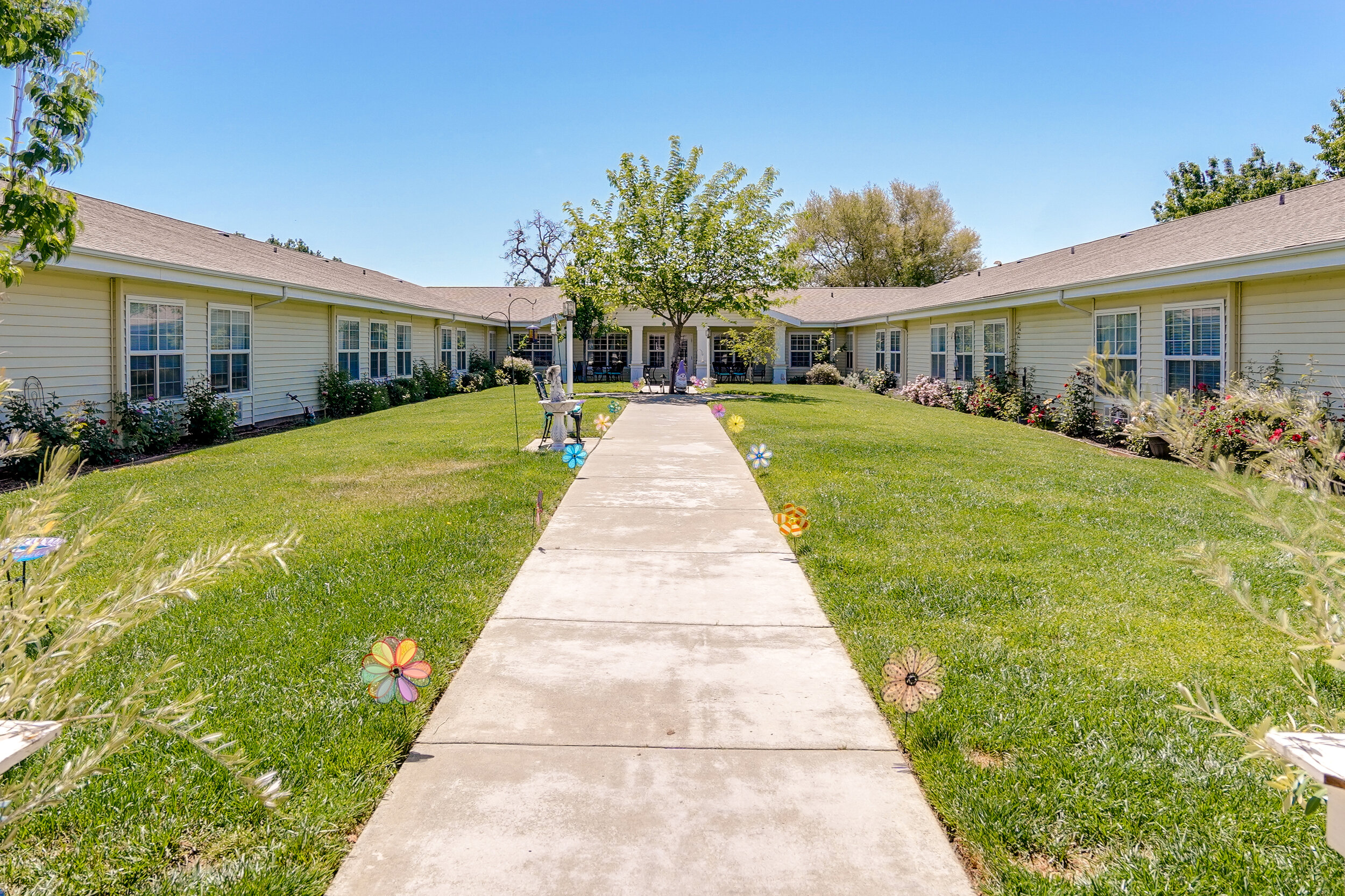
Orchard Park
Assisted Living & Memory Care
707.995.1900
Welcome to Orchard Park
Senior Living.
There are good reasons our residents and their families have chosen Orchard Park Senior Living to call home. Our caring and personalized support for the health and well-being of our residents guides us each day. Located in beautiful Clearlake, California, our inviting Assisted Living and Memory Care offers an enriching and peaceful retreat.
Our community is made up of private and shared assisted living and memory care units with 24 hours personalized support. Our beautiful grounds and central location make Orchard Park a beautiful, safe and secure environment for residents to enjoy walks, visiting family members and just relaxing. Come visit us today!
Contact Us
14789 Burns Valley Road
Clearlake, CA 95422
info@orchardp.com
(707) 995-1900

“Your life is determined not so much by what life brings to you as by the attitude you bring to life.”
— Khalil Gibran
